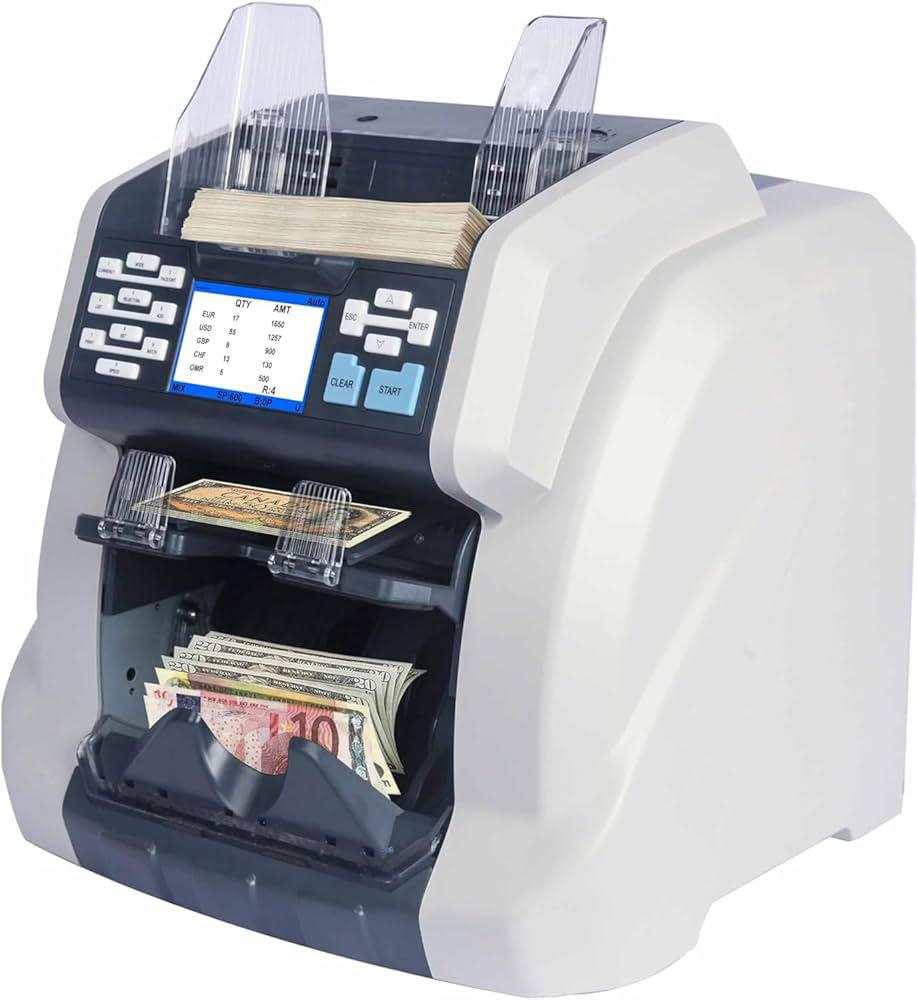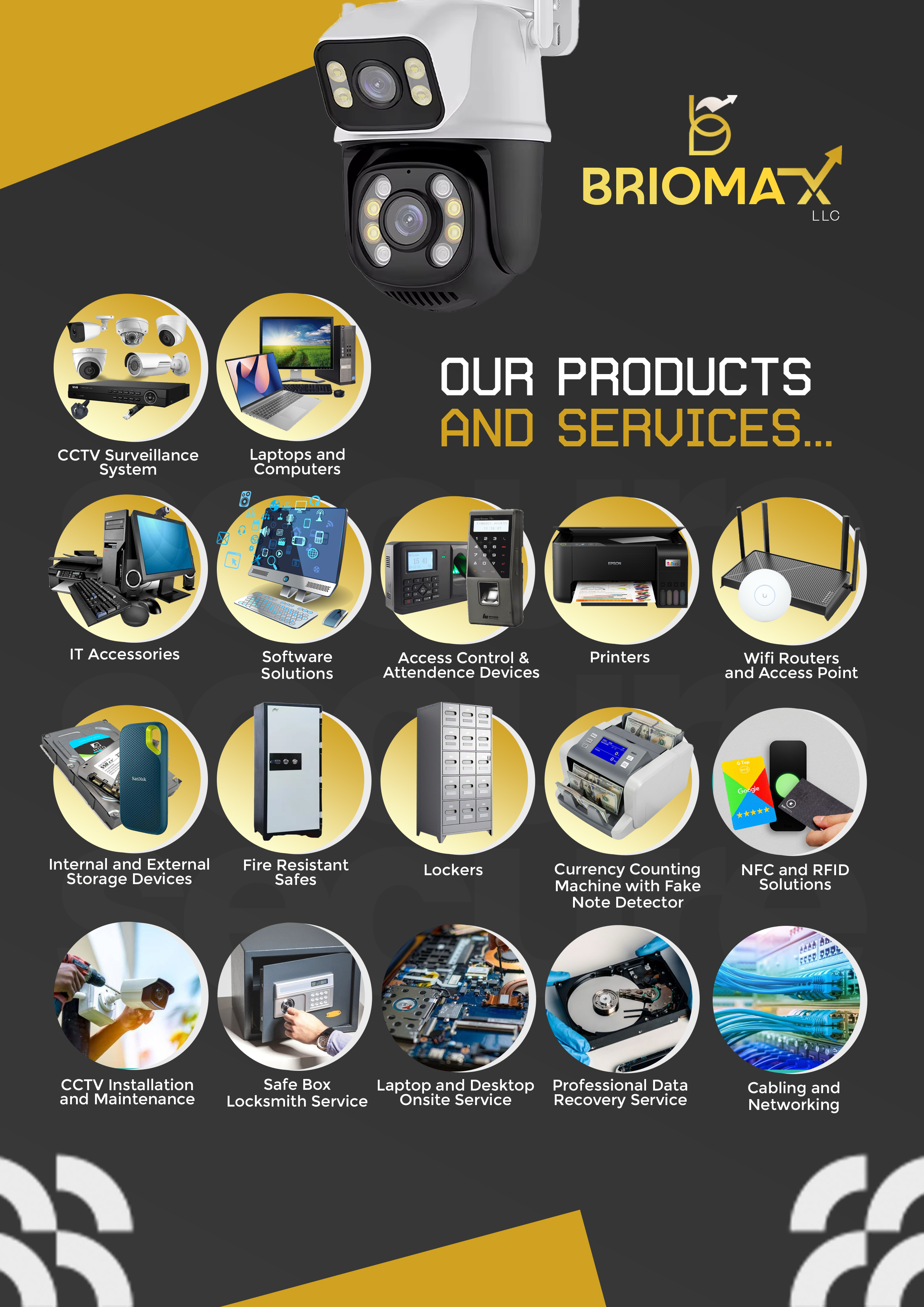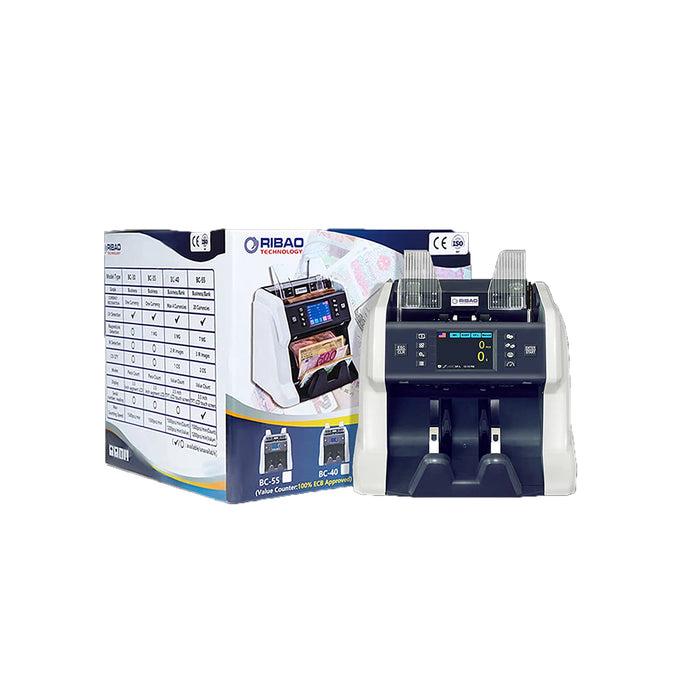Top 10 Data Recovery Services in Abu Dhabi
Data recovery services are essential for individuals and businesses who have lost valuable information due to hardware failures, accidental deletion, or corruption. Data recovery experts in Abu Dhabi help retrieve lost files from various storage devices such as hard drives, SSDs, memory cards, and USB drives. With an increasing reliance on digital storage, data recovery services have become critical in safeguarding important data for both personal and professional use.
In this guide, we will explore what data recovery services entail, their availability in Abu Dhabi, and what customers can expect when seeking such services in the region. We'll also address some frequently asked questions to help users make informed decisions when hiring a data recovery service provider.
·
Briomax LLC
Address: Fatima Mansur Nasser Building, Plot C90, Building No 9, Office
No 102, First Floor, Zayed Second Street,
Near Alsafa Supermarket, Al Danah, Abu Dhabi
·
Techfix Data Recovery Services
Address: Muroor Road, Opposite Al Falah Plaza, Al Nahyan Camp, Abu Dhabi
·
DataZone Systems LLC
Address: Mezzanine Floor, Al Mushrif Plaza, 31st Street, Al Mushrif, Abu
Dhabi
·
Secure Data Recovery Services
Address: Abu Dhabi Commercial Complex, 8th Street, Al Markaziyah, Abu
Dhabi
·
eHDF Data Recovery Solutions
Address: Office 305, Al Jazira Tower, Sheikh Zayed the First Street, Al
Khalidiyah, Abu Dhabi
·
IT Clinic
Address: 5th Floor, Al Masaood Building, Airport Road, Abu Dhabi
·
Al Bayan Computer Trading
Address: Office 104, Hamdan Street, Al Markaziyah, Abu Dhabi
·
iRecovery Data Recovery Services
Address: 7th Floor, Najda Street, Madinat Zayed, Abu Dhabi
·
Abu Dhabi Data Recovery Center
Address: Mezzanine Floor, Al Wahda Mall, 11th Street, Abu Dhabi
·
Smart Data Recovery
Address: Al Falah Street, Opposite City Seasons Hotel, Abu Dhabi
Data Recovery Services in Abu Dhabi
Data recovery
services are critical in today's digital age, where data loss can happen due to
a variety of reasons such as accidental deletion, hardware failure, malware, or
even natural disasters. Whether it's an individual user who has lost personal
files or a large organization facing a data breach, data recovery services play
a pivotal role in retrieving lost or inaccessible data. This guide covers
everything you need to know about data recovery services, including types of
data recovery, what to expect from data recovery service providers, and
frequently asked questions.
Data
recovery services involve the process of retrieving lost, corrupted, or
inaccessible data from digital devices. These services are essential for
individuals and businesses that experience data loss due to hardware failures,
software malfunctions, accidental deletions, or cyber-attacks. Professional
data recovery services use specialized tools and techniques to recover files
that would otherwise be irretrievable.
Data
recovery can be performed on various devices, including:
- Hard drives (HDDs and SSDs)
- External hard drives
- USB flash drives
- Memory cards
- RAID systems
- Laptops, desktops, and
servers
- Mobile devices (smartphones
and tablets)
Types of Data Recovery Services in Abu Dhabi
There are different types of data recovery services, depending on the cause
and severity of the data loss. Here are the common types:
1. Hard Drive Data Recovery
One of the most common services, hard drive
data recovery focuses on retrieving data from internal or external hard drives
that may have failed due to mechanical issues, physical damage, or file
corruption. It can be used for both traditional HDDs and modern SSDs.
2. RAID Data Recovery
RAID (Redundant Array of Independent Disks)
systems are commonly used in enterprise environments due to their redundancy
and performance. However, when RAID arrays fail, recovering data becomes a
complex process that requires specialized knowledge. RAID data recovery services
can recover data from RAID 0, RAID 1, RAID 5, and RAID 10 configurations.
3. Deleted File Recovery
Accidentally deleting files from a computer,
USB drive, or memory card doesn’t necessarily mean they’re gone forever. Data
recovery services can often retrieve deleted files if they haven't been
overwritten by new data.
4. Mobile Device Data Recovery
Smartphones and tablets store significant
amounts of personal and business data. Mobile data recovery services can
recover data from malfunctioning or damaged devices, including Android and iOS
devices. This includes the recovery of contacts, messages, photos, videos, and
other data.
5. Encrypted and Ransomware
Recovery
In the case of cyberattacks like ransomware,
files can be encrypted, making them inaccessible. Specialized data recovery
services can sometimes decrypt these files and recover critical data. The
success of such recovery depends on the nature of the attack and the encryption
methods used.
What to Expect from Data Recovery Service Providers in Abu Dhabi
When
seeking professional data recovery services, it's essential to understand what
the process entails and what to expect. Here's a breakdown of the key things to
consider:
1. Evaluation and Diagnosis
The data
recovery process usually starts with an evaluation or diagnostic assessment.
The service provider will examine the device to determine the cause of the data
loss and the likelihood of successful recovery. Some providers offer this
evaluation for free, while others charge a fee.
2. Recovery Time
The time
required for data recovery varies depending on the complexity of the case.
Simple recoveries, such as retrieving deleted files, may take a few hours,
while recovering data from severely damaged hard drives or RAID systems could
take several days or even weeks.
3. Pricing and Costs
The cost
of data recovery depends on several factors, including the type of device, the
extent of damage, and the complexity of the recovery process. Basic recoveries,
such as undeleting files, are generally more affordable than recovering data
from physically damaged hard drives or RAID arrays. Always ask for a cost
estimate before proceeding with the service.
4. Data Security and Confidentiality
When
handing over your device for data recovery, ensure the service provider takes
necessary precautions to protect your data. Reputable providers will have data
security protocols in place to safeguard sensitive information, including
encryption and restricted access to recovered data.
5. Data Recovery Success Rate
While
many cases of data loss can be resolved successfully, there are no guarantees.
The success of data recovery depends on several factors, including the
condition of the device, the extent of the damage, and how long the data has
been lost. However, experienced data recovery professionals can significantly
increase the chances of a successful recovery.
Frequently Asked Questions About Data Recovery Services in Abu Dhabi
1. What
is data recovery, and how does it work?
Data recovery is the process of retrieving
lost, corrupted, or inaccessible data from digital storage devices. It works by
using specialized software or hardware tools to scan the affected device,
locate recoverable data, and restore it to a usable format. In cases of
physical damage, the device may need to be repaired in a cleanroom environment
before data can be retrieved.
2. Can
all lost data be recovered?
Not all lost data can be recovered, but the
chances of recovery depend on the type of data loss and the condition of the
storage device. For example, if the data has been overwritten or the storage
device has sustained severe physical damage, recovery may not be possible.
However, most cases of accidental deletion, logical corruption, and minor
hardware failures can be successfully recovered by professional services.
3. How
long does it take to recover data?
The time required for data recovery depends on
the severity of the data loss and the complexity of the recovery process.
Simple recoveries, such as undeleting files, may take just a few hours, while
recovering data from a physically damaged or encrypted device can take several
days or even weeks.
4. How
much does data recovery cost?
The cost of data recovery varies based on
factors such as the type of device, the extent of damage, and the complexity of
the recovery process. Basic recoveries may cost between $100 to $500, while
more complex recoveries from RAID systems or severely damaged devices can range
from $500 to $2,500 or more. It is always recommended to request a quote from
the provider before proceeding.
5. Is
data recovery safe and secure?
Yes, professional data recovery services
prioritize data security and confidentiality. Reputable providers implement
strict security measures, including encryption, restricted access, and
non-disclosure agreements, to ensure the safety of your recovered data. Always
choose a data recovery provider with a solid reputation and a commitment to
data privacy.
6. What
types of devices can data recovery services work on?
Data recovery services can work on a wide
range of devices, including:
- Hard drives (HDD and SSD)
- RAID arrays
- External hard drives
- USB flash drives
- Memory cards
- Smartphones and tablets
- Laptops, desktops, and servers
7. Can
deleted files be recovered?
Yes, in many cases, deleted files can be
recovered as long as they have not been overwritten by new data. When a file is
deleted, the operating system typically marks the space as available for new
data, but the file remains on the storage device until it is overwritten. Data
recovery tools can scan the device and recover these "deleted" files.
8. How
can I prevent data loss in the future?
Preventing data loss involves several
strategies, including:
- Regular backups: Ensure that you regularly
back up your data to an external hard drive, cloud storage, or both.
- Use reliable antivirus software: Protect
your systems from malware and ransomware by keeping your antivirus
software updated.
- Handle devices with care: Avoid physical
damage by handling storage devices carefully and using surge protectors.
- Monitor your storage devices: Keep an eye on
any unusual behavior or performance issues in your devices, such as slow
performance or clicking sounds, which may indicate an impending failure.
9. Can
data recovery services recover encrypted files?
Yes, data recovery services can sometimes
recover encrypted files, depending on the encryption method used and the
condition of the device. However, the success of encrypted file recovery
depends on whether the necessary decryption keys or credentials are available.
In cases of ransomware attacks, recovery can be more complicated, but some
service providers specialize in ransomware recovery.
10. What
should I do if my hard drive fails?
If your hard drive fails, it's important to stop
using the device immediately to avoid further damage or data loss. Avoid
attempting DIY recovery methods, as this can make the situation worse. Contact
a professional data recovery service to assess the damage and begin the
recovery process.











